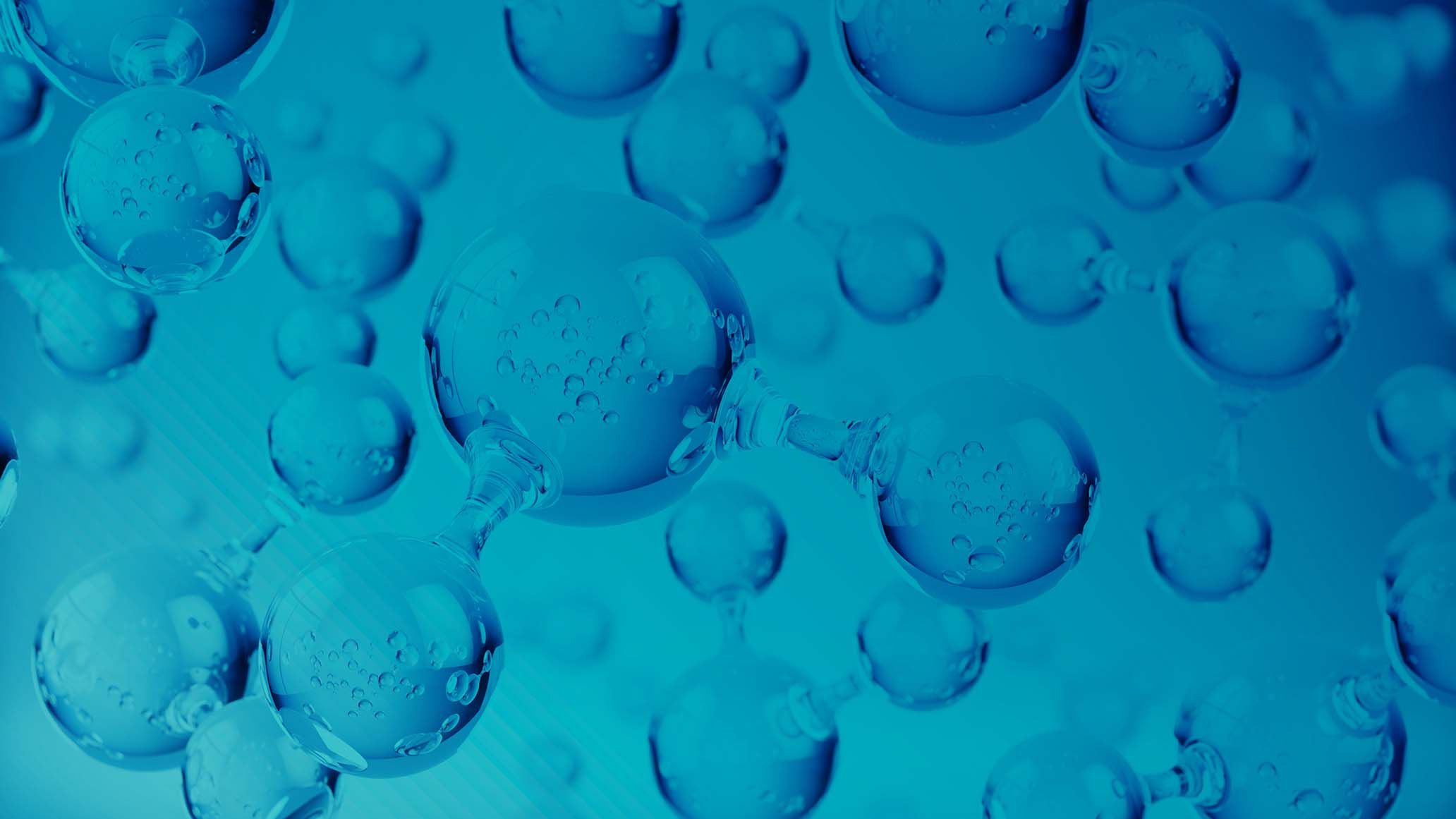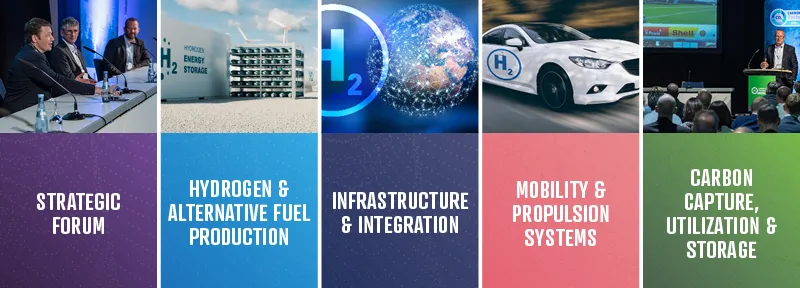AeroDelft: A Student-Led Revolutionary Project Taking Hydrogen to the Sky
)
Students from AeroDelft, a student-led non-profit sprung out of TU Delft Faculty of Aerospace and Engineering, will be showcasing their in-house built hydrogen-powered drone at Hydrogen Technology Expo Europe on 19-20 October in Messe Bremen, Germany.
How did AeroDelft come about?
Students from AeroDelft, a student-led non-profit sprung out of TU Delft Faculty of Aerospace and Engineering, will showcase their in-house built hydrogen-powered drone at the Hydrogen Technology Expo on 19-20 October in Messe Bremen, Germany.
How did AeroDelft come about?
After learning that there’s only two to three per cent incremental change in the efficiency of an aircraft— a factor reducing a plane’s environmental impact— it became clear to the students that it wasn’t enough to meet climate goals.
Dissatisfied and determined to take matters into their own hands, in 2018, two students, Liam Megill and Thomas Hunter, set out to revolutionise aviation by starting Project Phoenix, a liquid hydrogen-powered plane concept.
Because liquid hydrogen can store large amounts of energy per kilogram (2.5 times more energy per kilogram than kerosene), it was the students’ preferred choice of fuel to fly the aircraft. They decided to use a fuel cell and motor configuration for the propulsion system.
The green liquid hydrogen will be stored in a tank at minus 253 degrees Celsius instead of pressurising it, allowing the tank to be light in weight, according to Joseph Michaels, AeroDelft’s Chief of Partnerships.
“Then, that is boiled off essentially into a gas, which then goes into a fuel cell, which generates power. Then it goes straight into our electric motor at the front of the plane,” added Michaels.
The team says the concept also involves supplementary batteries for when increased power is needed.
For Phoenix to take to the skies, the students need to go through a three-phase process, starting with the unmanned six-meter wingspan prototype, which the team will showcase at Hydrogen Technology Expo Europe. Initial testing involved flying the drone using an electric battery system. The next step is to integrate hydrogen gas which will then be replaced with liquid hydrogen.
At the same time, the volunteer students have started working on the full-scale 10-metre wingspan Phoenix, an aircraft with a 1,000 km range, weighing 920 kg, AeroDelft claims.
When asked if AeroDelft was interested in turning the project into a commercial enterprise, Michaels responded:
“We operate completely as a non-profit. We are all student volunteers. So none of us are paid. We’ve all just taken a year or, or maybe even longer out of our studies to fully focus on the project.
“That’s our way of shaking up the industry. We’ve often said if we can fly and prove that this is possible as a group of students that have not even completed all their formal education, then why can the big players not be doing it?”
AeroDelft is located in TU Delft Faculty of Aerospace and Engineering’s Aircraft Hall.
The non-profit is supported through partnerships. Among the companies supporting AeroDelft are TNO and Cryoworld.



)
)
)
)
)
)
)
)


)
)
)
)
)
)
)

)
)
)
)
)
)
)
)

)
)
)
)
)
)
)

)
)
)
)

)
)

)
)
)
)
)
)
)
)

)
)
)
)
)

)
)

)
)
)
)
)
)
)
)


)
)


